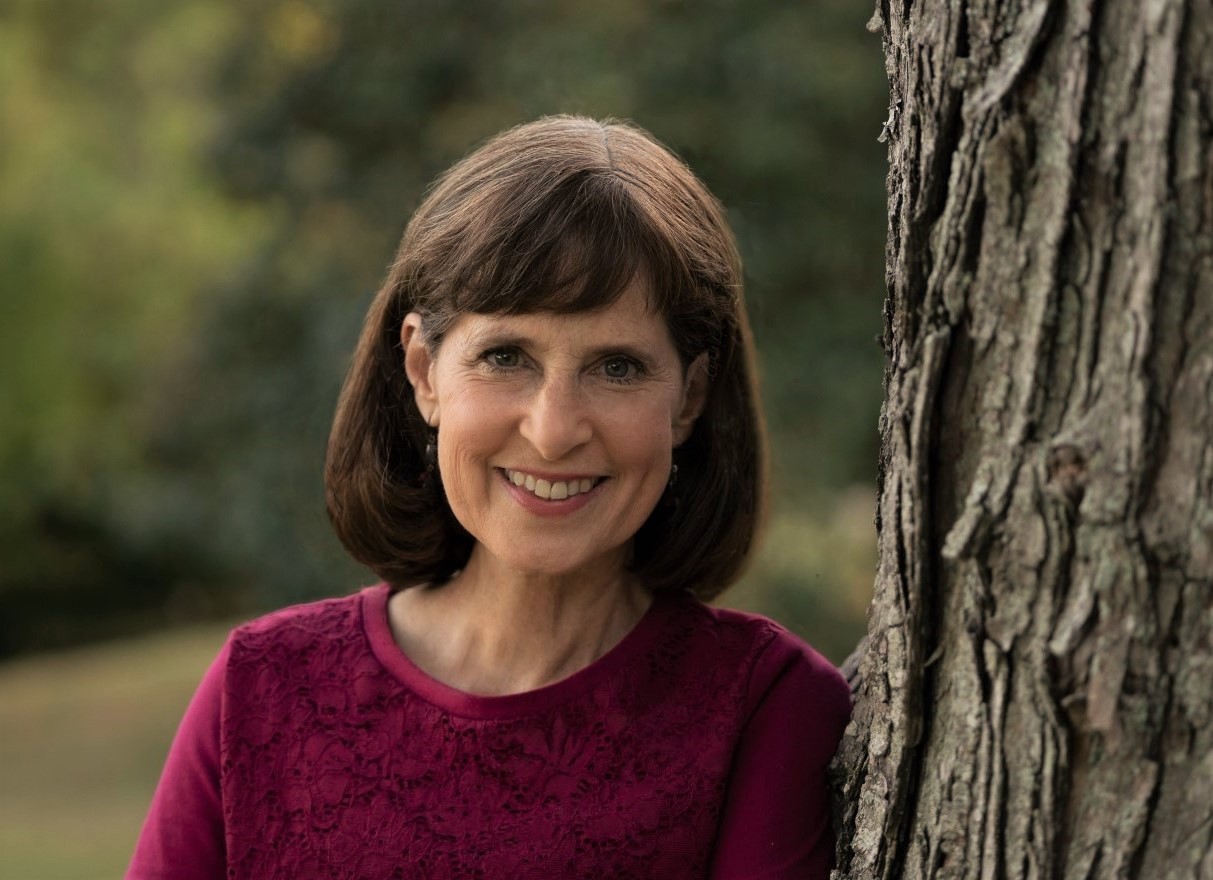Today we will be talking with Martha McLaughlin, author of Chemicals and Christians: Compassion and Caution. I love this quote from the Foreword to her book by Dr. Grace Ziem:
“Using safe approaches regarding chemicals is not only Christian but is also good sense.”
–Dr. Grace Ziem, MD, MPH Johns Hopkins, MSc and DRPH Harvard.
Martha spent many hours researching and writing this book. Let’s find out more!
Q: Martha, what (or who) inspired you to write this book?
A: When I was first diagnosed with Multiple Chemical Sensitivity (MCS), I joined a couple of email groups for Christians with the condition and began to read the same types of stories over and over again from people of many different faith traditions and backgrounds. The common pattern was for people to get progressively sicker from chemical exposures at church while they tried and tried to get church members and leaders to understand the issue. They would eventually give up trying to attend and would feel forgotten and abandoned when they did.
It didn’t take long to realize there was a need for a book that educated Christians about MCS and toxicity issues. The conviction that I should write it myself took longer. It seemed like a daunting task, and I fought the idea when I first felt that God was asking me to do it. At one point I told God I was willing, but I asked him to be very clear in his direction. Not long afterwards, my sister sent me some tapes of a Beth Moore presentation. In one of them she said “Tell your story” and remarked that some of us should write our stories down. Then she talked specifically to someone named Martha. I assume she was talking to a Martha in the room with her, but when I listened to the tape, I felt pretty sure that God was talking to me.
Q: What did you enjoy most about writing it?
A: I enjoy research and learning new things, and what I learned for this book was directly applicable to my life, which was nice.
Q: What was the hardest part about writing it?
A: There’s a great deal of pain in the MCS community. It was hard to be reminded of the overwhelming needs day after day and to feel so limited in my ability to make a difference.
Q: Does this book apply to people who are not Christians, too?
A: The warnings about how untested and potentially unsafe common products are and how we’re all being affected by them absolutely apply to everyone. I also write about the struggles that are common to people with MCS regardless of their beliefs. I address church members and leaders directly at times, but a great deal of the book is information that anyone can use.
Q: What would you say to someone who has no family or friends who understand their MCS?
A: First I would say that I’m sorry and that trying to help with that situation is one of the reasons I wrote the book. The challenges are both emotional (we need validation) and physical (we need people to take our needs seriously and to avoid exposing us to things that make us sicker.) Joining a support group can help with the first part of that equation, but the second half is trickier. I would urge people not to give up hope, though. I know of many situations where family members and friends slowly began to understand and change harmful behaviors. Sometimes it just takes time.
Q: What message would you most love for Christians to come away from the book sticking in their heads and hearts?
A: Seemingly small decisions about products we use can have big consequences, both for ourselves and for people around us. Caring for our bodies and loving others means paying attention to chemicals.
Q: What is the easiest thing churches can do to minister and bring about hope for those with MCS?
A: I’d love to see churches both find a way to include people who can’t attend in person and make their facilities more accessible and toxin-free. Bringing people into Bible Study and other groups through video conferencing or even just by phone really isn’t hard. As for making changes to the physical environment, getting rid of fragranced products (air fresheners, cleaners, hand soap, etc.) is probably the easiest first step to take.
Q: What is your favorite song or Scripture that relates to this illness?
A: There are many, many songs and scriptures that have sustained me on this journey of MCS. Today what comes to mind is Isaiah 43:1-2 which says, “Do not be afraid, for I have ransomed you. I have called you by name; you are mine. When you go through deep waters, I will be with you. When you go through rivers of difficulty, you will not drown. When you walk through the fire of oppression, you will not be burned up; the flames will not consume you.”
From the standpoint of trying to educate and advocate, I find God’s instructions to the Israelites about mold (in Leviticus 14) to be helpful. God didn’t tell them to just ignore the toxin or pray it away or assume that their faith would protect them from its effects. He gave very detailed instructions for avoiding and removing it.
Q: What is your favorite way to relax or bring calm and refreshment to your soul and body?
A: As you implied in your last question, turning to scripture and uplifting music can be extremely helpful. I have a 30 page list I made of some of my favorite Bible verses and I go back to them again and again.
I also find that my mood can be improved with humor. I have a lot of humor sites bookmarked on my computer, and I’ve learned that spending 10 minutes or so reading “dad jokes” or watching cat videos can generally pull me out of a funk. I walk as often as I can, and when I do, I try to remember to focus on gratitude and thanking God for all his gifts to me. When I turn to him, he’s always there, and when I remember to look for blessings, I find them.
Thank you so much for sharing today! Thank you for the beautiful work you have created in this book.
Connect with Martha:
https://www.chemicalsandchristians.com/purchase
https://twitter.com/Chems_and_Chris

